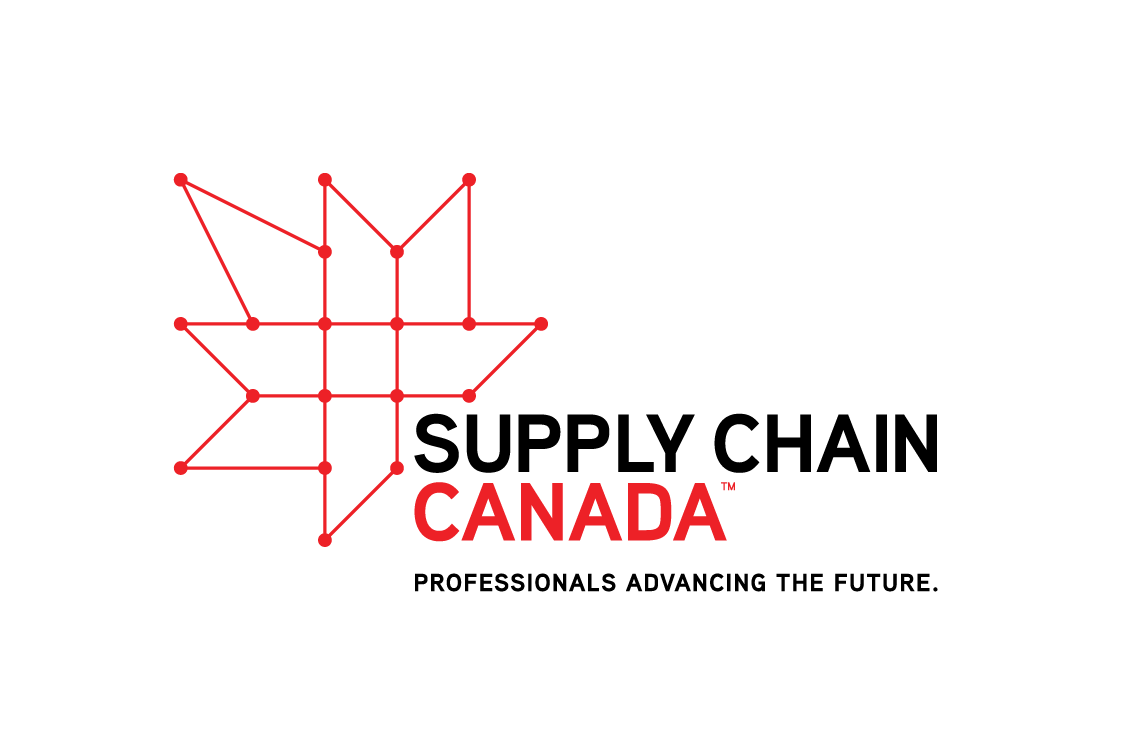Logistics & Supply Chain Management
Supply chain management deals with the logistics of the flow of goods and services from suppliers to consumers. In this program, you'll learn a combination of computer and general business skills as well as provide a practical foundation in operations and project management, purchasing and procurement, inventory management, logistics, transportation, and distribution.
Upon graduation, you will enter the employment market with the necessary aptitude and hands-on experience to succeed in a supply chain environment.
Supply Chain Canada
This program has been approved for advanced standing towards attaining the Supply Chain Management Professional (SCMP™) designation.
Supply Chain Canada and Vancouver Career College are committed to supporting graduates of the Supply Chain Management program to be at the leading edge of supply chain throughout their careers, to improving the corporate performance of their organizations, and to influence the transformation of supply chain systems in Canada.
To achieve this, the parties have reached an agreement to provide an efficient path for graduates of the program, who achieve a grade of 70% or higher completed within the last two years, to advanced standing towards the following SCMP academic program components:
• Module 2: Procurement and Supply Management
• Module 3: Logistics and Transportation
• Module 4: Operations and Process Management
• Workshop 2: Negotiation Skills
In addition to the SCMP program coursework requirements, candidates must also successfully complete SCMP Leadership Residency and the National Case-Study Final Examination. All SCMP candidates must also satisfy the 3-year work experience requirements (e.g., employment, internships,co-op placements, etc.).

Admission Requirements
High school graduation or equivalent* OR mature student status**.
*From an English language teaching institution.
**19 years of age upon starting classes, and pass college’s admissions test.
This program has been approved by the registrar of the Private Training Institutions Branch (PTIB) of the Ministry of Advanced Education, Skills and Training.
This program is 48 weeks in length.
- Sourcing and Procurement Specialist
- Purchasing Manager
- Pricing Coordinator
- Supply and Demand Analyst
- Demand Forcasting Lead
- Supply Chain Logistics Planner
- Supply Chain Coordinator
- Inventory Manager
- Inventory Control Analyst
- Warehouse Operations Manager
- Shipping and Receiving Administrator
- Transportation Supervisor
- Distribution Logistics Analyst
- Dispatch/Driver Manager


